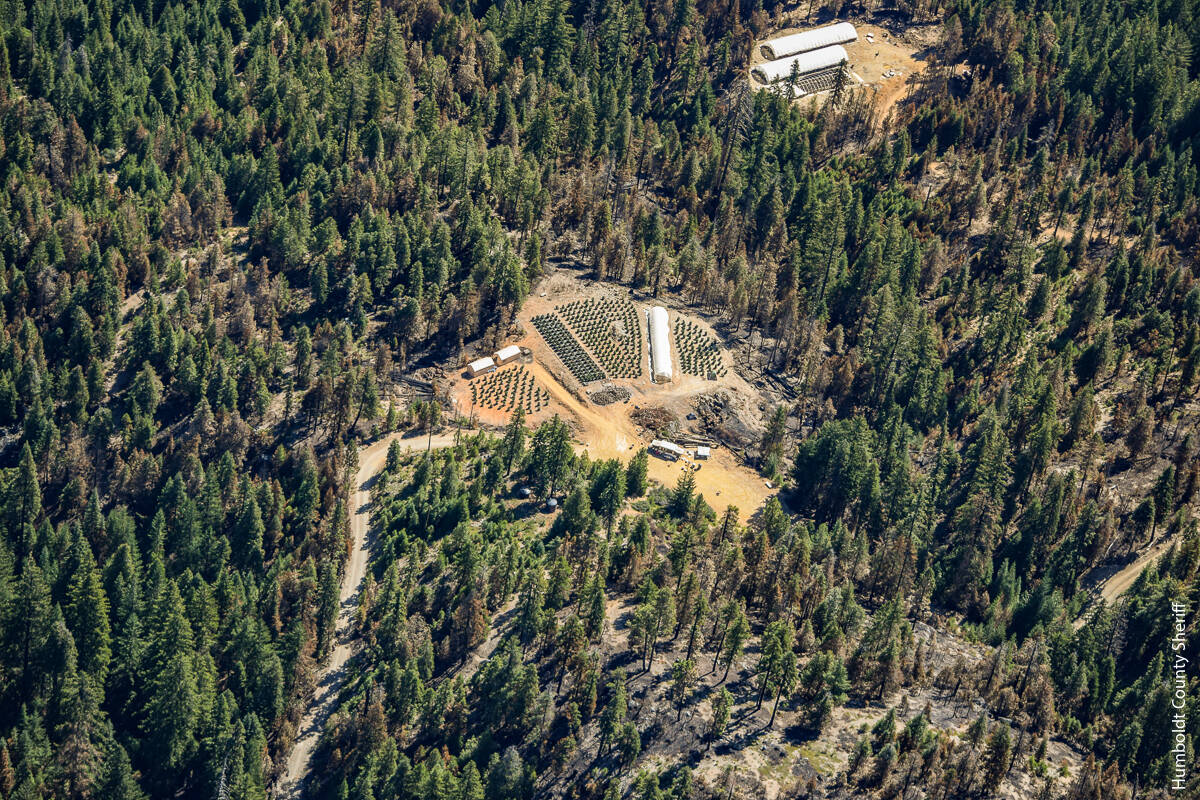Publication

Summary
Cannabis has long been grown on agricultural and forested lands of California. Its recent legalization, however, will shift the scale, practices, places, and ownership of production. How will these shifts ripple across the land, resources and livelihoods of rural regions? Larger landowners, whose families have produced timber and cattle for generations, depend on the land, know local resources, and shape rural economies. As invested stakeholders, their experiences and perceptions can shed light on how legalized cannabis production has recently affected local communities, their economics and the environment. We surveyed landowners who owned at least 500 acres in Humboldt County, California. This rural region pioneered cannabis cultivation more than forty years ago.
Of the 211 landowners invited to complete a survey, 71 responded. Many respondents reported illegal cultivation on their properties, problems with shared roads, and other direct negative effects of cannabis production. Most landowners perceived that cannabis production has increased the cost of labor. They also acknowledged, it has increased the value of their property as well. Survey respondents, however, have not changed their views of cannabis with legalization. These findings highlight challenges, and possibly opportunities, to develop land use ordinances and cannabis production policies that reduce conflict and mitigate unintended consequences in rural regions.
